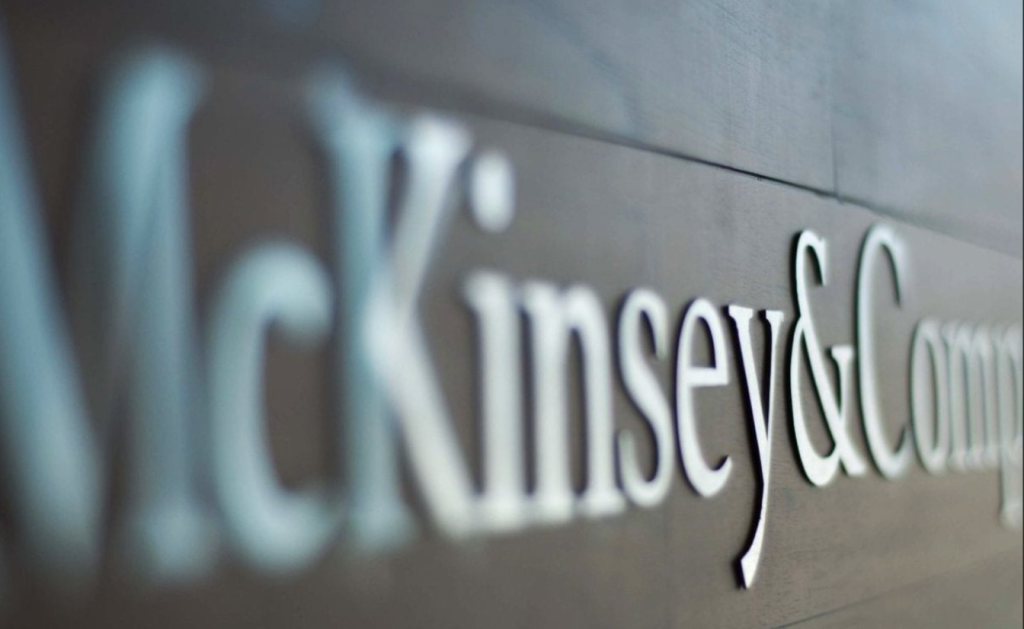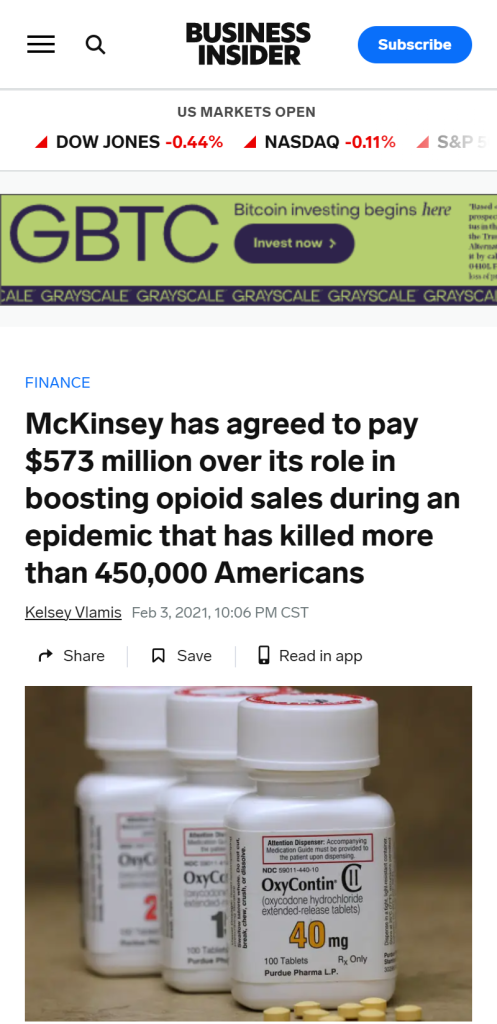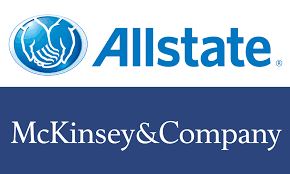In the 1990s, Allstate, a household name in the insurance world, made a decision that would forever change the landscape of claims handling – a decision they’d rather have us forget. In a strategic move to enhance profitability, they brought in the big guns: McKinsey & Company, a renowned consulting firm. The objective was clear, yet cunning: revamp Allstate’s claims process. But the underlying strategy, as it emerged, was more nefarious than anyone could have predicted. The advice from McKinsey was simple but chilling – delay, confuse, and frustrate homeowners to negotiate lower settlements.
My own journey with Allstate, during a distressing water damage claim, turned out to be a testament to these very tactics. Ignored emails, misleading coverage determinations, and outright denial of legitimate parts of my claim were just the tip of the iceberg. It was a firsthand experience of a strategy meticulously designed to wear down claimants, compelling them to settle for less.
In an industry that spends billions on digital advertising, more than any other sector in America, insurance giants like Allstate and State Farm constantly advocate trust. Yet, beneath this veneer of dependability lies a reality far removed from the ethos of trust they so fervently advertise. It’s a tale of greed and manipulation by corporations that form a colossal part of our economy – an industry nearly half the size of the entire American banking system.
As we peel back the layers of the Allstate-McKinsey scandal, we uncover not just a story of one company’s strategy but a reflection of a systemic issue within the insurance world. It’s a cautionary tale that beckons us to question and scrutinize, to understand the machinations behind the policies and promises that millions of homeowners trustingly buy into.
Join me as we dive deep into this saga, exploring the intricacies, the impact, and the lessons we can glean from a scandal that reshaped the face of insurance claims handling.
Table of contents
McKinsey Consulting Firm: A Controversial Catalyst in Corporate Strategies

McKinsey Consulting Firm
Before delving deeper into the specifics of the McKinsey slides, it’s crucial to understand the entity behind them – McKinsey & Company. Renowned as a global management consulting firm, McKinsey has been both revered and criticized for its influence on corporate strategies across various industries.
1. Overview of McKinsey & Company
McKinsey, founded in 1926, has grown to be a leading consulting firm, advising numerous Fortune 500 companies.
Known for its expertise in corporate management, the firm has a reputation for transforming business operations and significantly impacting clients’ profitability.

2. McKinsey’s Controversial Legacy
McKinsey’s involvement in various industries has not been without its share of controversy.
The firm has been linked to several high-profile scandals, including the opioid crisis, Enron’s collapse, and questionable government contracts, raising concerns about the ethical dimensions of their advice and strategies.
3. The Allstate Connection
In the 1990s, Allstate turned to McKinsey to revamp its claims process, a decision reflecting the insurance giant’s trust in McKinsey’s ability to enhance profitability.
McKinsey’s role was to analyze Allstate’s existing practices and propose a new strategy to maximize profits.
4. The Creation of the McKinsey Slides
The result of this collaboration was the creation of the McKinsey slides.
These slides were a comprehensive collection of strategies, presentations, and data analysis, specifically tailored to overhaul Allstate’s approach to handling insurance claims.
5. The Essence of the Slides
The slides laid out a blueprint for a more aggressive claims-handling process.
They advocated for tactics that involved reducing claim payouts, delaying settlements, and employing strategies that would lead to lower settlements from claimants.
6. The Ethical Debate
The strategies proposed by McKinsey ignited a debate on ethical practices in business consultancy.
It raised questions about the role of consulting firms in shaping corporate policies that might prioritize profits over customer welfare and ethical considerations.
7. The Aftermath
The revelation of these slides and the subsequent public outcry put McKinsey’s role in corporate decision-making under scrutiny.
It led to a broader discussion on the responsibilities of consulting firms in guiding their clients towards ethical and sustainable business practices.
In summary, McKinsey Consulting Firm, with its vast influence and controversial history, played a pivotal role in shaping Allstate’s claims strategy. The McKinsey slides, born out of this partnership, became a symbol of profit-driven tactics at the expense of ethical business conduct, sparking widespread debate and reevaluation within the industry.

McKinsey didn’t just give Allstate a few tips and tricks. They handed over a whopping 150,000 pages of advice, known as the McKinsey Documents, which completely transformed how Allstate handled insurance claims. And boy, did it work – Allstate’s profits doubled over ten years. But at what cost?
The Dark Side of Profit Maximization
McKinsey’s strategy was simple yet shocking: low-ball offers to car accident victims and drag out legitimate insurance claims. This ruthless approach saved Allstate $700 million and sent their stock prices soaring. In 2007, their profits hit $4.6 billion, double what they made in the 1990s.
But the real kicker? They were paying out 30% less than what these claims were actually worth.
“Good Hands” or “Boxing Gloves”?
Allstate’s famous slogan, “You’re in good hands with Allstate,” took on a sinister new meaning. McKinsey suggested a divide-and-conquer approach: easy-going with those who accepted low offers and aggressive (‘boxing gloves’) with those who fought back.
They even recommended an ‘alligator approach’ – sit, wait, and frustrate claimants into accepting less just to end the ordeal.
Exploiting the Vulnerable
Many people don’t know how to properly value their claims or can’t afford to wait out a long negotiation process. Allstate banked on this, hoping most would just take the first low offer.
Their strategy was to make the process so tedious and expensive that people would give up or lawyers would refuse to help.
Regulators Step In
When allegations surfaced, the Office of Insurance Commission (OIC) investigated, and courts demanded Allstate hand over the McKinsey documents. Allstate resisted, racking up a $25,000 per day fine and arguing these were “trade secrets.”
It took a suspension of their license to write new policies in Florida for Allstate to finally release the documents in 2008, after paying over $4 million in fines.
McKinsey’s Controversial Past
McKinsey’s track record isn’t all about business growth. They’ve been tangled up in scandals like the Enron fiasco, corruption in South Africa’s government, and insider trading in the Galleon scandal.
Clearly, McKinsey isn’t shy about playing in the gray areas of ethics.
The Harsh Reality
This saga reveals a bitter truth: for some insurance companies, profits trump people. If insurance truly prioritized policyholders, personal injury attorneys wouldn’t be as essential as they are today.
The McKinsey scandal might be legally settled, and insurance companies may try to erase any traces of such controversies, but the bottom line often remains: maximizing profits over prioritizing policyholders and innocent victims.
FAQ
The objective was to revamp Allstate’s claims process to enhance profitability by implementing strategies to delay, confuse, and negotiate lower settlements with homeowners and claimants.
McKinsey’s strategy led to Allstate doubling its profits over ten years, with significant savings achieved by reducing claim payouts and employing aggressive negotiation tactics.
McKinsey advised Allstate to make low-ball offers to claimants, prolong the negotiation process for legitimate claims, and use aggressive tactics against those who resisted accepting lower settlements.
The revelation sparked outrage and led to investigations by regulatory bodies, highlighting concerns over unethical practices in the insurance claims handling process.
Allstate resisted releasing the documents, incurring daily fines and arguing that these were proprietary “trade secrets,” until regulatory pressure forced their compliance.
It reveals a troubling focus on maximizing profits at the expense of policyholders’ welfare, raising questions about ethical standards and the genuine interests of insurance companies.
Personal injury attorneys have become increasingly important for policyholders to navigate the claims process, secure fair settlements, and counteract aggressive insurance company tactics.




Comments: 5
[…] being insured by Allstate, the response I received was far from what I […]
[…] you’ve filed your claim, Allstate will assign an adjuster to evaluate the damage to your property. The adjuster will inspect your […]
[…] practices. These practices came into the spotlight following Allstate’s decision to hire McKinsey & Company in the 1990s, aiming to revamp how it managed insurance claims. This partnership birthed a strategy […]
[…] notable example? The Allstate McKinsey scandal, which revealed strategies that seemed more focused on profits than on helping policyholders in […]
[…] know that insurance companies like Allstate were intentionally finding ways to deny or underpay valid claims – it was part of the […]